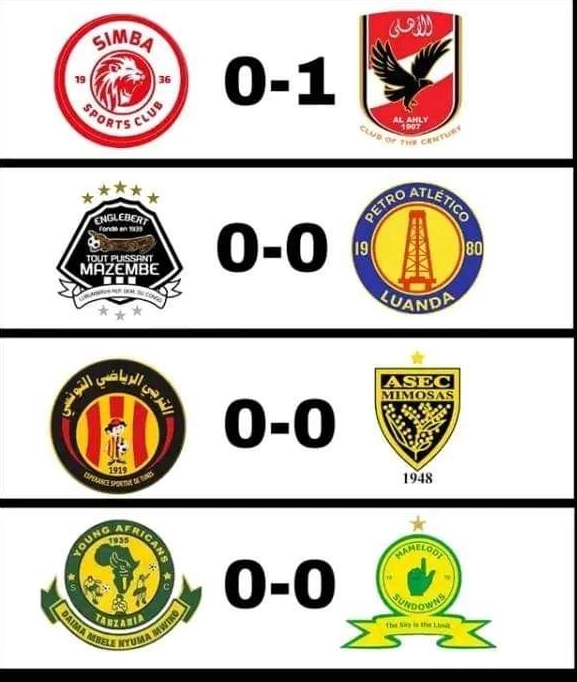DR. MAKONGORO MAHANGA :CAUSES FOR FAILURE OF DONOR FUNDED PROGRAMMMES REVEALED

Tanzania and other developing countries have been urged to put in place sustainable plans and capacity to scale up employment and poverty eradication programmes and strategies that are donor initiated or/and donor supported so as to achieve longer-term benefits.
The call has been made here by the Tanzania Deputy Minister for Labour and Employment, Dr. Makongoro Mahanga when contributing in a High Level Panel Discussions for Labour Ministers under the theme: Employment and Social Protection Centered Development Strategies – Role of South-South Cooperation. This was one of the themes at the International Conference on South-South Cooperation, “Innovations in Public Employment Programmes for Sustainable Inclusive Growth”, organized by ILO and Ministry of Labour and Employment of the Government of India under the auspices of India-Brazil-South Africa (IBSA) Initiative.
The three-day conference drew more than 150 delegates, including Labour and Employment ministers and employment and projects development experts from 21 developing and emerging countries of Asia, Middle East, Far East, West Europe, Africa and Latin America.
In his address, Dr. Mahanga noted that, apart from Tanzania Social Action Fund (TASAF) programme, many public employment programmes (PEPs) and public works programmes (PWPs) in Tanzania that were initiated and supported by donors since 1980s were discontinued or are continuing at a slow pace for lack of sustainable and scaling up strategies. He mentioned some of such programmes as Taking Labour-Based Technology to Scale, Integrated Roads Project (IRP), Labour-Based Rural Roadworks Programme, Rural Access and Mobility Programmes such as the Makete Integrated Rural Transport Project (MIRTP), Employment Creation in Municipal Service Delivery Programme, Hanna Nassif Community-Based Urban Upgrading Project, Pemba Small Scale Irrigation Project, Macro-Economic Study on Labour-Based Projects, Working Conditions Study and Community Infrastructure Upgrading Programme (CIUP).
Dr. Mahanga said such programmes are failing to be scaled up in Tanzania and other developing countries because their implementation was or is hampered by weak institutional and technical capacities. “For sustainability and scaling up of these programmes, our countries need a combination of adequate resources, appropriate management structures, effective planning and administration processes, capacity building, adequate technical inputs, and above all, political will”, he emphasized.
Dr. Mahanga lauded public employment programmes (PEPs), public works programmes (PWPs) and social protection programmes that are innovatively being implemented in other countries such as Mahatma Gandhi National Rural Employment Guarantee Act (MGNREGA) in India, Expanded Public Works Programme (EPWP) and Community Works Programme (CWP) in South Africa, Bolsa Familia (Conditional Cash Transfers – CCT) in Brazil, Productive Safety Net Programme (PSNP) in Ethiopia, Plan Jefes y Jefas de Hogar Deocupados in Argentina, and Kazi Kwa Vijana (KKV) in Kenya.
Regarding TASAF in Tanzania, Dr. Mahanga lauded the programme and called upon other developing countries to emulate the scheme, which is geared towards social protection safety nets, poverty alleviation and community employment creation, and which has the three key elements for such a programme, namely, inclusiveness, participatory and equitable. He noted that in its five years, up to October 2011, TASAF II had implemented thousands of community projects in all districts in Tanzania in which TASAF provided a total of Tshs. 153,769,952,827.78 (about US $ 110 million) and the communities concerned contributed a total of TShs. 36,864,927,000.46 (about US $ 26 million).
The Deputy Minister, however, noted that since TASAF is still donor supported, the Government must address the challenges of sustainability, particularly institutional and management structures, resource allocation, capacity building and political will, if future phases of this programme have to be sustained even after withdrawal of donors. He further said that much as TASAF programmes have contributed towards poverty alleviation initiatives and provision of social services to many poor Tanzanians, the Government of Tanzania should not just take for granted the employment creation potential of TASAF programmes, but should actually mainstream and monitor the impact of jobs creation through these programmes. “As it is now, no proper data and details are available as to how TASAF programmes and projects are creating jobs to communities in the short-term and long-term perspectives”, he asserted.
Another programme that Dr. Mahanga took a swipe at is the World Bank-sponsored Community Infrastructure Upgrading Programme (CIUP) implemented in Dar es Salaam unplanned settlements, and which started in 2003 to upgrade infrastructure such as roads, drainage, public toilets, street lights, sanitation and garbage collection in selected unplanned settlements in all the three Dar es Salaam municipalities, with municipal and community participation in the planning and implementation stages and cost sharing. Dr. Mahanga said, like other projects, CIUP also seem to have no proper sustainability considerations factored into the overall plans and budgets of Dar es Salaam municipal authorities. Although the second phase of this project is coming to an end this year (2012), no capacity nor budgetary considerations have been provided for by the municipalities in terms of current and future maintenance and repair of these infrastructure. “This puts into jeopardy the long-term, even medium-term, benefits of this huge programme”, Mahanga concluded.
On South-South Cooperation and employment issues, the Deputy Minister echoed calls to consolidate and foster the South-South Cooperation as a tool to establish development partnerships for the promotion of sustainable growth and social development in order to mitigate some of the challenges facing countries individually in formulating, funding and implementing public employment and social protection programmes. In this regard, he said, the India-Brazil-South Africa (IBSA) trilateral development initiative need be emulated by other developing countries. In particular, South-South Cooperation should focus on facilitating human capital development by developing and implementing exchange of knowledge and technology programmes so as to enhance employability of member country labour force; developing and implementing progammes that aim at strengthening the capacity of labour market institutions (ministries, agencies and others) to administer labour and employment related issues; strengthening the collection, analysis and dissemination of labour market information to enhance informed policy decisions, and facilitating the mainstreaming of employment creation and decent work goals into macro and sectoral policies and programmes for South–South country members.












Comments